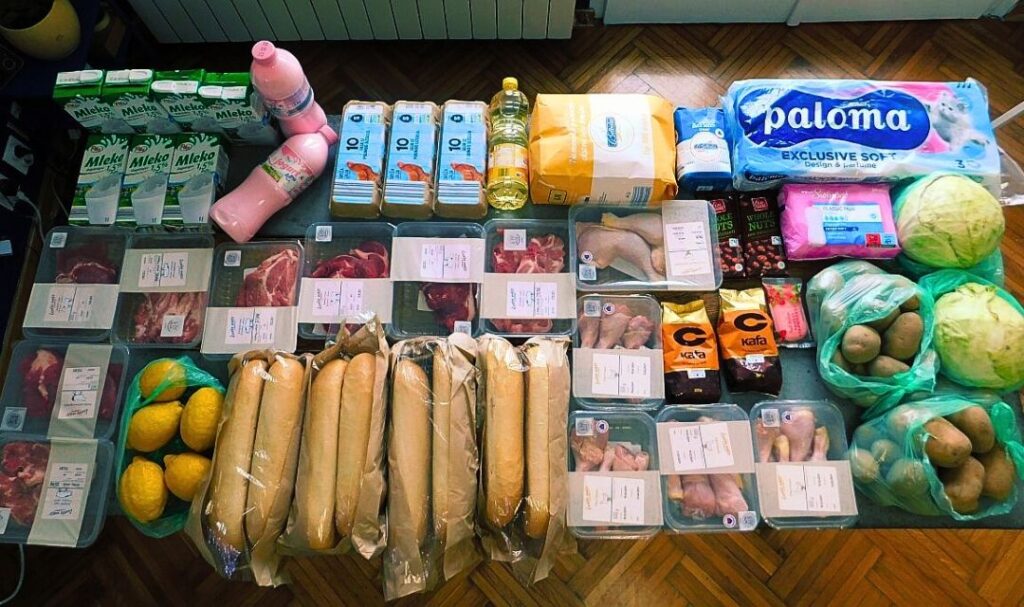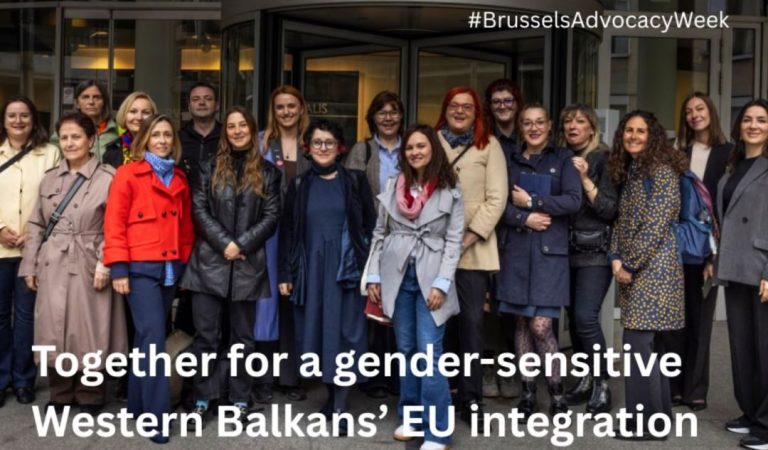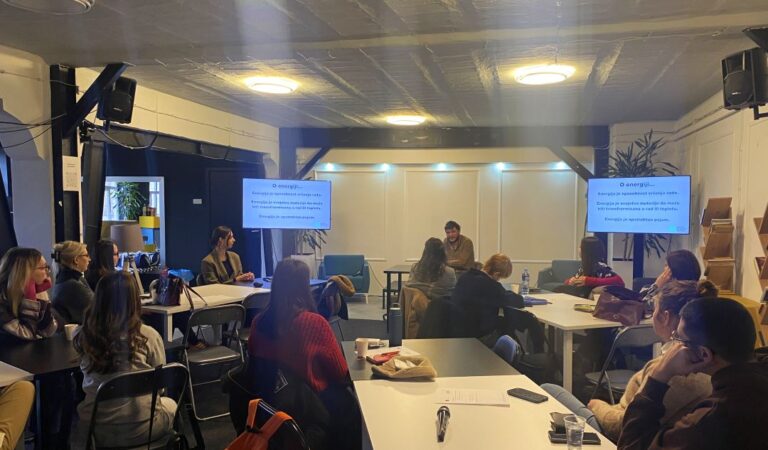The World Social Justice Day, organized globally every year on February 20th, citizens of Serbia cannot welcome without growing threat of poverty.
According to the latest available data from the Republic Institute of Statistics, almost one of three citizens is at risk of poverty, and with an increasing inability to buy basic food.
The social protection system should help citizens who face such difficulties and cannot meet even basic life needs to overcome the difficult life situation in which they found themselves. However, the amount of financial social assistance to which the socially disadvantaged citizens of Serbia are entitled to is clearly inadequate and insufficient to meet basic existential needs.
Those who acquire the status of beneficiaries of financial aid are entitled to material support in the amount of only 11,445 dinars per month – if they are able to work – and they can count on this support for a maximum of nine months of the year.
That amount and their consumer basket are absolutely insufficient to satisfy basic life needs for a month, warns A 11 – Initiative for Economic and Social Rights on the occasion of February 20th, the World Social Justice Day.
Social assistance in Serbia is not enough even for survival, let alone for living in dignity, and therefore its urgent reform is necessary.
In order to show how much basic food items you can buy for the amount of social assistance – from which a sixth of the amount is deducted to cover utility costs, we went shopping.
By choosing the cheapest items from the list of basic foods, we present in one place how much food one person has available for a month. In order to present a more realistic picture of personal needs, we also bought several hygiene products – toilet paper, soap and menstrual pads, although in Serbia these items are already a luxury for many.
The photos show eight loaves of white bread, a liter of oil, five kilograms of flour, 10.5 liters of milk, four liters of yogurt, 400 grams of coffee and a kilogram of sugar.
There are also 30 eggs, about six kilograms of meat, two milk chocolates, about five kilograms of potatoes, four kilograms of cabbage, one soap, and a pack of pads and 10 rolls of toilet paper.
This amount of necessities cost 9,931 dinars, and it is absolutely insufficient for survival and normal satisfaction of the basic life needs of one person.
Many of our fellow citizens, residents of informal settlements, persons in a situation of homelessness, have significantly lower monthly sums at their disposal for survival. They do not have access to hygiene products, foods such as fruit or sweets are a luxury, which also represents fresh meat, milk, yogurt and other basic foods for a Serbian family. The fact that many of them have neither access to electricity nor the ability to store perishable food makes survival even more difficult.
On World Social Justice Day, it is important to point out that the average household in Serbia cannot cover its consumer basket from month to month. One-sixth of the entire personal consumption of the family budget covers utilities, but these costs are even higher in materially disadvantaged households, often burdened with debts, increased by interest.
The minimum consumer basket in Serbia is 52,239 dinars – the average basket amounts to 100,720 dinars.
In October 2023, social assistance was “adjusted” to current inflation with a shameful increase of only 323 dinars for an individual. At the same time, the beneficiaries of social assistance, about 167,000 individuals or 72,000 families in the Republic of Serbia, must meet rigorous conditions in order to be entitled to this amount at all, even though it is obvious that social assistance is not enough to survive, let alone to live in dignity.
Despite the fact that the social protection system is fundamentally based on the values of social justice and respect for human dignity, contrary to these principles, access to social benefits was made even more difficult by the introduction of Social cards, which resulted in a reduction of the number of cash social assistance beneficiaries by more than 20 percent.
Those who try to survive on social assistance do not have money for clothes or shoes, medicine, a monthly ticket for public transport, educational, cultural or sports facilities. The state of Serbia does not see these citizens – or refuses to look at them and face the reality in which we live.
That’s why A 11 – Initiative for economic and social rights requires decision-makers, and primarily the Government of Serbia, to make fundamental changes in the social protection system and the attitude towards poverty. A systemic change in the state’s attitude towards the poor and those at risk of poverty, towards people in a situation of homelessness and other vulnerable groups, which are exposed to multiple discrimination and poverty every day, is deeply needed.
These radical changes also include corrections in the amount of benefits from the field of social protection. Nobody can expect to live in dignity with just 11,445 dinars of social assistance.



